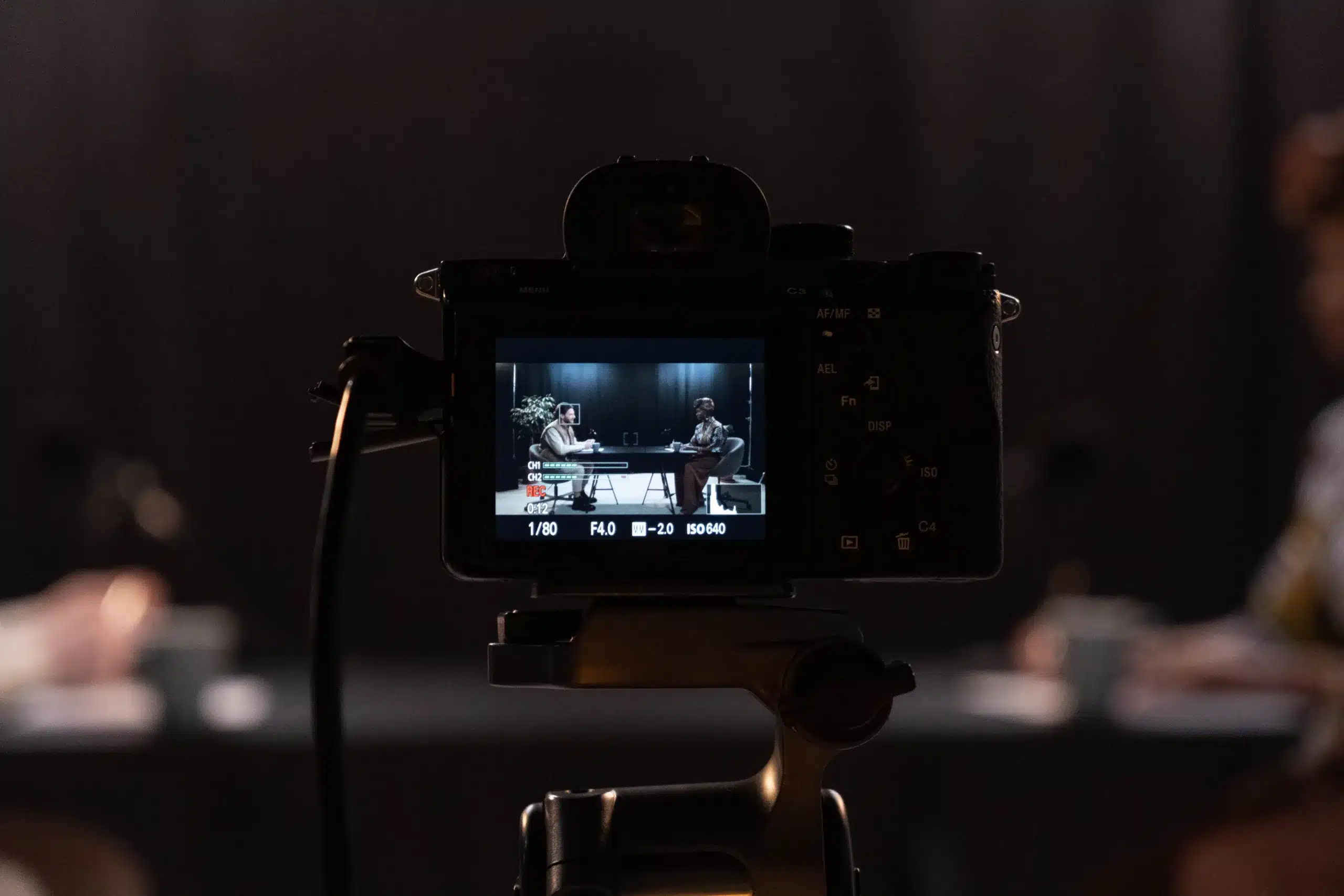Forensic Interviews play a pivotal role in the world of criminal investigations and legal proceedings. These interviews are not your typical conversations, but highly specialized interactions designed to gather crucial information while ensuring ethical and legal standards are met. In this article, we delve into the world of forensic interviews, exploring their purpose, techniques, and challenges; furthermore, we will examine the substantial impact that these interviews exert upon the criminal justice system before culminating our discourse with a comprehensive set of frequently asked questions.
The Concept of Forensic Interviews
A forensic interview represents a carefully organized dialogue facilitated by a skilled forensic interviewer. Its fundamental aim is to gather essential details about a particular incident, frequently linked to a criminal case or some facet of the legal domain, including information retrieval within the realm of the criminal justice system. These conversations find application in a variety of scenarios, including inquiries into child abuse, recording witness statements, and comprehending the experiences of individuals who have endured trauma.
Types of Forensic Interviews
Forensic interviews come in various forms, tailored to the age and circumstances of the interviewee. Prominent categories encompass interviews with victims, witnesses, and suspects. Some common types include child forensic interviews, adult forensic interviews, and victim interviews. Each type requires specialized techniques and considerations.
The Role of the Forensic Interviewer

The effectiveness of an interview hinges significantly on the expertise of a proficient forensic interviewer. This professional must exhibit exemplary communication skills, possess a profound grasp of legal protocols, and demonstrate a nuanced understanding of how trauma and memory function psychologically. Their primary responsibility revolves around creating a secure and empathetic atmosphere that encourages the interviewee to openly and comfortably divulge their experiences.
Communication Skills
Effective communication is the cornerstone of forensic interviews. Establishing a connection, employing open-ended queries, and engaging in attentive listening are pivotal abilities that interviewers must harness. These competencies are instrumental in coaxing forth precise and comprehensive information from the interviewee.
Understanding Legal Procedures
Forensic interviewers need to possess a comprehensive understanding of legal procedures to guarantee the admissibility of the information they collect in a court of law. This encompasses familiarity with pertinent laws and regulations governing the legal landscape.
Psychological Understanding
It is imperative for interviewers to grasp the psychological ramifications of trauma and memory. Sensitivity towards the emotional condition of the interviewee is paramount, and interviewers must employ techniques aimed at mitigating the potential for false memories to emerge.
Also, Read Criminal Psychology
Stages of Forensic Interviews
Forensic interviews typically follow a structured approach:
- Preparation: The interviewer prepares by gathering information about the case and the interviewee.
- Engagement: Building rapport and trust with the interviewee is essential.
- Fact Gathering: Open-ended questions are used to collect detailed information about the event.
- Closure: The interview concludes, and the interviewee is provided with support and resources.
Challenges in Forensic Interviewing
Forensic interviews comes with its own set of challenges, including:
- Dealing with Trauma: Interviewers must handle sensitive topics and provide support to traumatized individuals.
- Language Barriers: In multicultural settings, language barriers can hinder effective communication.
- Cultural Sensitivity: Being culturally sensitive ensures that interviews are respectful and relevant.
Legal and Ethical Considerations in Forensic Interviewing
Compliance with rigorous legal and ethical standards is an unwavering imperative for interviewers. Prioritizing the rights and well-being of the interviewee is paramount, with confidentiality and informed consent forming the very cornerstones of these principles.
Techniques and Strategies for Effective Forensic Interviewing
Interviewers employ various techniques to elicit accurate information, including:
- Rapport Building: Establishing trust and rapport with the interviewee
- Use of open-ended questions: encouraging detailed responses
- Active Listening: paying close attention to verbal and non-verbal cues
The Impact of Forensic Interviews
Forensic interviews can have a profound impact on legal proceedings. The information gathered can be instrumental in solving cases, prosecuting perpetrators, and ensuring justice are served.
Also, Read Forensic Interview Techniques in Child Sexual Abuse Cases: A Scoping Review
Conclusion
Forensic interviews are a critical component of the legal and investigative processes. They require skilled interviewers who can navigate the complexities of human memory, trauma, and legal procedures. By adhering to ethical standards and employing effective techniques, forensic interviews contribute to the pursuit of truth and justice.
